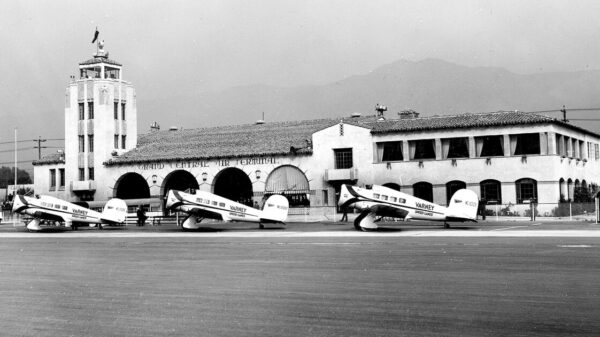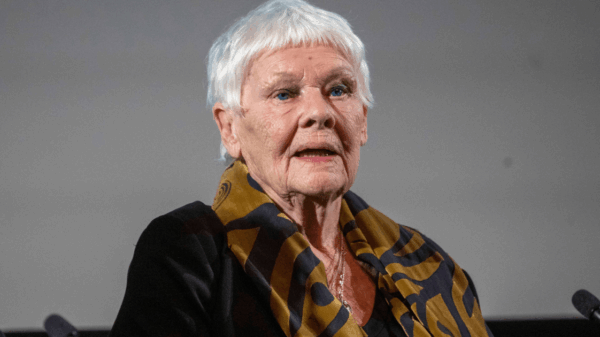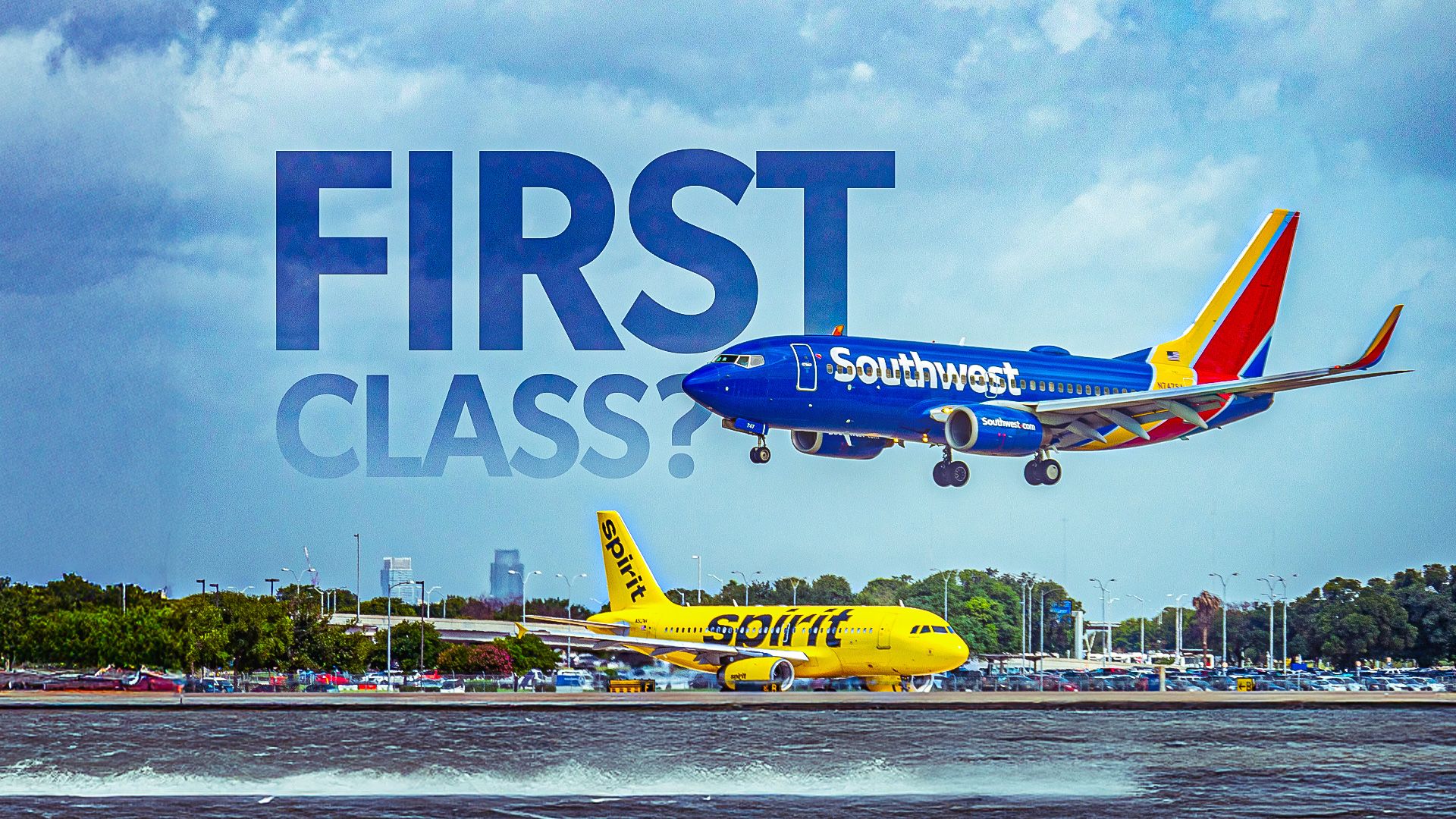Southwest Airlines is undergoing a significant transformation as it responds to pressures from activist investment firm Elliott Investment Management. Once known for its all-economy flight model and a history of 47 consecutive profitable years, the airline is now exploring options to boost revenue, including the potential introduction of first-class seating and transatlantic flights.
In the past, Southwest Airlines has distinguished itself as the fourth-largest carrier in the United States, operating exclusively domestic flights with a fleet comprised solely of Boeing 737 aircraft. Unlike its larger competitors—United Airlines, American Airlines, and Delta Air Lines—Southwest has not offered first-class cabins or established a lounge network. The airline has historically focused on low fares and point-to-point service, but recent shifts in customer preferences are prompting a reevaluation of its business model.
Introduction of Premium Services
Southwest’s leadership is actively considering new strategies to adapt to the evolving airline market. The growing demand for premium travel experiences, especially long-distance flights with premium cabin options, is influencing Southwest’s plans. The airline has announced intentions to create premium lounges, and discussions are underway regarding potential transatlantic routes.
While Southwest has remained committed to its low-cost model, it is now introducing extra-legroom seating in its aircraft. This change aligns with broader trends in the industry, where airlines are enhancing their product offerings to attract business travelers and frequent fliers. As competition intensifies, the pressure to innovate and diversify services is mounting.
In the U.S. airline market, many of the legacy carriers have successfully incorporated first-class seating into their narrowbody fleets. These first-class cabins typically feature larger recliners and enhanced amenities. For instance, Delta has reported a significant increase in first-class seat sales, with nearly 90% of its first-class seats sold, reflecting the profitability of premium offerings.
Strategic Changes and Market Dynamics
The financial landscape for airlines has shifted dramatically since the pandemic, with some carriers rebounding faster than others. Elliott Investment Management is advocating for Southwest to adopt tactics that have been successful for its competitors, suggesting that the airline’s current trajectory could benefit from the introduction of first-class seating.
Southwest’s traditional strengths—such as open seating and generous baggage policies—are being reassessed in light of the need for increased ancillary revenue. The airline is exploring partnerships with international carriers, including Icelandair and China Airlines, which could facilitate expanded routes and enhance its global footprint.
Despite these changes, there are concerns regarding the potential impact on Southwest’s loyal customer base. The airline has historically prided itself on its unique brand identity, which may be diluted if it moves too close to the models used by larger carriers. The challenge lies in balancing the enhancement of services while maintaining the core values that have attracted customers for decades.
In conclusion, Southwest Airlines is at a pivotal moment. As it seeks to adapt to market demands and enhance profitability, the introduction of first-class seating appears to be a likely step forward. The airline’s ability to navigate these changes while preserving its identity will be crucial for its long-term success in an increasingly competitive landscape.







































































